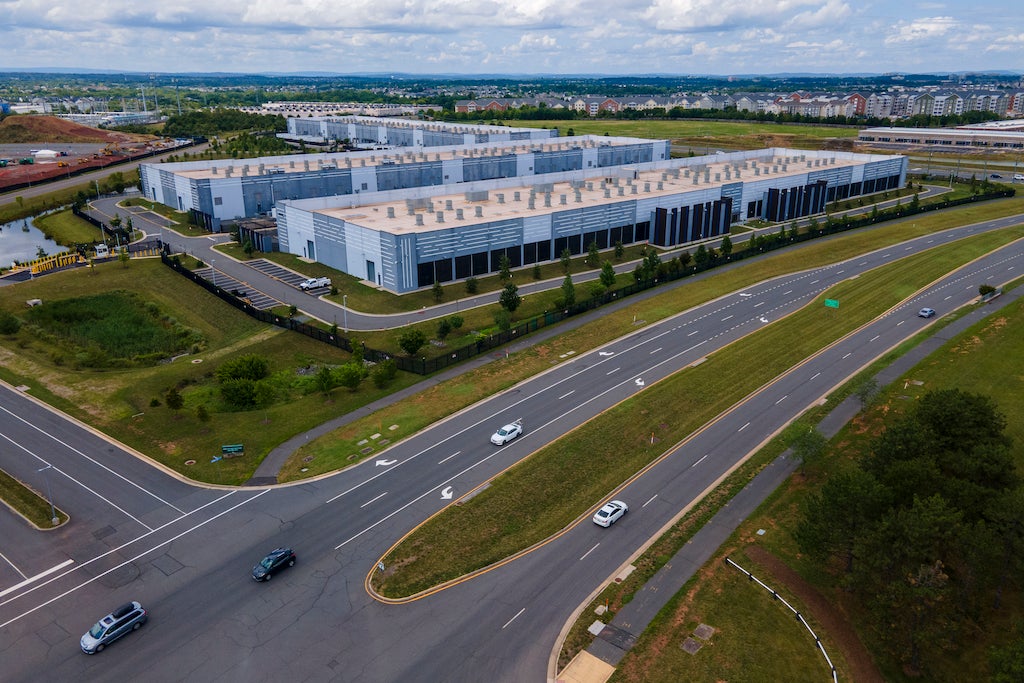The data center boom
Data centers house the computer servers required to run internet services worldwide.
While they have been around since the mid-20th century, the acceleration of power-hungry artificial intelligence has boosted demand for larger sites and more resources.
In July, the Trump administration announced plans to accelerate AI development with limited regulatory oversight. A month earlier, Pennsylvania Gov. Josh Shapiro announced his support for Amazon’s $20 billion investment in developing data centers across the state.
Data centers use a significant amount of energy and as AI requires more power at a faster rate than typical internet activities, data centers often strain the power grid, leading to increased electricity rates for consumers.
PJM Interconnection, which manages the region’s electrical grid, has pointed to the increase in data centers as a reason for strains on the grid.
Residents in the region have already been hit with increased energy bills, and PJM’s recent capacity auction — where power plants bid for rates in exchange for guaranteeing future supplies — resulted in an expectation that those rates will rise another 1.5% to 5%.
Though a 2023 Department of Energy study said data centers amount to less than 5% of annual electricity use in the U.S., the same report indicates data centers will consume 6.7% to 12% of total U.S. electricity by 2028.
Mitigating data center impacts
Matzie’s proposed legislation would allow the PUC to evaluate whether data center contracts impact the PJM grid, as well as ratepayers. During the hearing, PUC Chairman Stephen DeFrank expressed his support for the legislation.
“I’m confident that with prudent planning, large load customers such as data centers can be integrated into the electric grid in a manner that benefits utility customers, local municipalities and Pennsylvania as a whole,” he said. “Mandating the commission [to] establish uniform and binding rules for large load interconnection will help mitigate excessive competition among utilities and a potential race to the bottom.”
The legislation would also prohibit public utilities from turning to ratepayers to recover the costs associated with the provision of electric service to commercial data centers, or costs that otherwise would not be incurred without the electricity demand of the commercial data center.
In addition, they would be required to ensure that at least 25% of the electricity it supplies under a contract is generated from renewable energy sources. Several stakeholders who testified during the hearing voiced concern that such a mandate would challenge energy affordability.
DeFrank, who suggested some changes to the bill’s language, also cautioned against the provision and suggested that greater flexibility around power procurement would help energy reliability.







